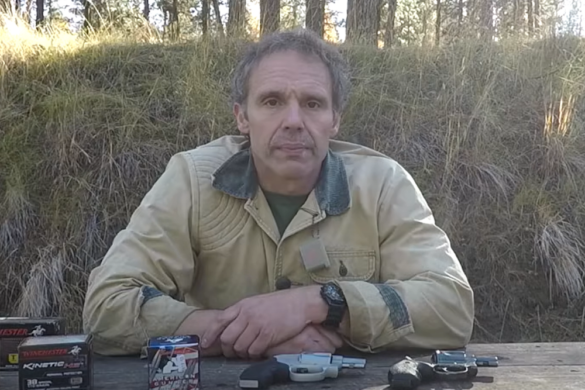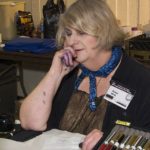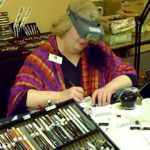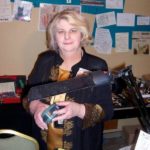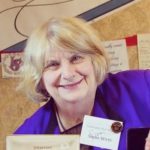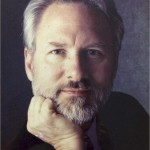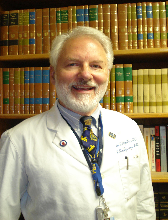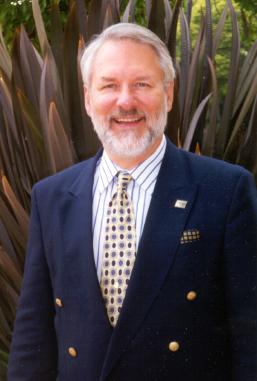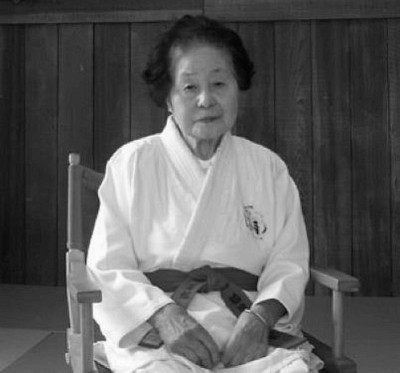This morning I learned with great sadness that YouTube personality and firearms expert Paul Harrell died yesterday, September 3, in Oregon. He was 58 old.
Earlier, on December 20, 2023, Paul Harrell recorded a video to be released after his death. In it, he said good-bye to his audience, apologized for not being able to continue, and encouraged the public to keep following his brother and his team as they were continuing the work, with Mr. Harrell’s blessings. The video will have been watched 2.5 million times within the first 24 hours of its release.
Paul Harrell served in both the U.S. Army and U.S. Marine Corps. Having lived a mostly quiet and private life after his long military career, little is publicly known about his personal affairs after leaving the military – except for one incident in 2006.
In 2006, according to court records and newspaper reports, Mr. Harris was involved in a fatal self-defense shooting. According to Lewiston Tribune quoting the Wallowa County Sheriff’s Office on Nov. 26, 2006, “Benjamin Paul Harrell, 40, of Yakima, was charged with murder and is in the Umatilla County Jail”.
The case was investigated by the Wallowa County Sheriff’s Office, the Oregon State Major Crimes Team, Walla Walla Police Department and Walla Walla County Coroner’s Office.
According to the Wallowa County Chieftain (Nov. 29, 2006), Mr. Harrel was arraigned on charges of manslaughter, two counts of first-degree assault, menacing, and first-degree criminal mischief. Presiding over the arraignment, Wallowa County Judge Phillip Mendiguren set bail at $250,000. Mr. Harrell was later exonerated and freed by a grand jury, and the shooting was ruled to have occurred in self-defense.
Some sources say Mr. Harris worked as a dental hygienist for some time, and he himself spoke of a past, messy relationship with a woman whom he deemed mentally ill and vindictive, and from who he had separated many years ago.
But Mr. Harris found fame as a YouTube personality. His public persona was characterized by his always calm and rational demeanor, and his displays of both confidence and humility. His presentations were spiced up with dry humor and the occasional sarcastic, self-deprecating remarks. One of his famous closing lines was, “Don’t try this at home. I am what you might call a professional.”
His successful YouTube Channel was launched in 2012. (There was an earlier, little known channel which only had a handful of views). By 2023, the Paul Harrell Channel passed the 1 million follower-mark on YouTube. At the time of this writing, the channel has 1.15 million subscribers and 455 videos, some of which have been watched between two and more than four million times.
In July 2023, Mr. Harrell matter-of-factly announced that he had been diagnosed with Stage 2 pancreatic cancer. According to his videos, he was initially hopeful that the disease had been caught early enough. Although the odd of recovering from pancreatic cancer are very low, Mr. Harrell remained optimistic about continuing his work. He requested his audience not to give no medical advice in their comments, not to pity him, and not to dwell on the situation. He continued to release well produced videos, but with less frequency.
By January 2024, Paul Harrell had turned control of his channel over to his brother, Roy Harrell. In the following months, the two brothers often appeared in videos together, the last of which seems to have been recorded in or around July of 2024.
In his field, Paul Harrell was a recognized expert and a committed American patriot dedicated to the causes of American liberty, personal freedom and independence, personal responsibility, and minimal government interference.
Ever private about his personal affairs, there have been no publicly released details about Paul Harrell’s medical treatment, the circumstances of his death, funeral arrangements, and his final resting place.

